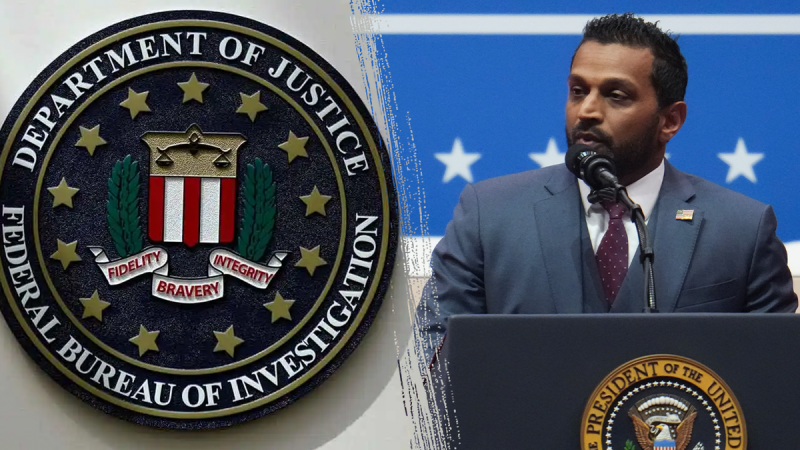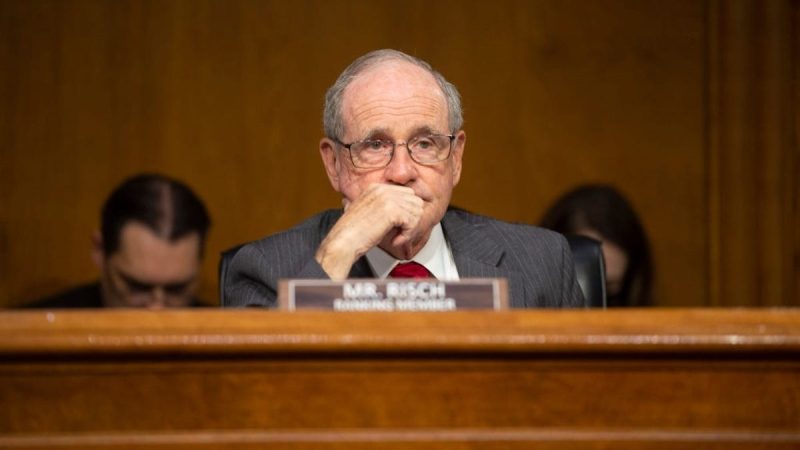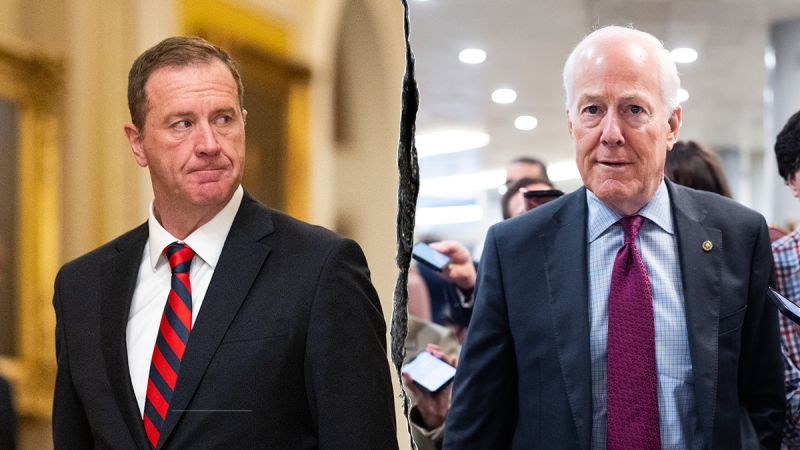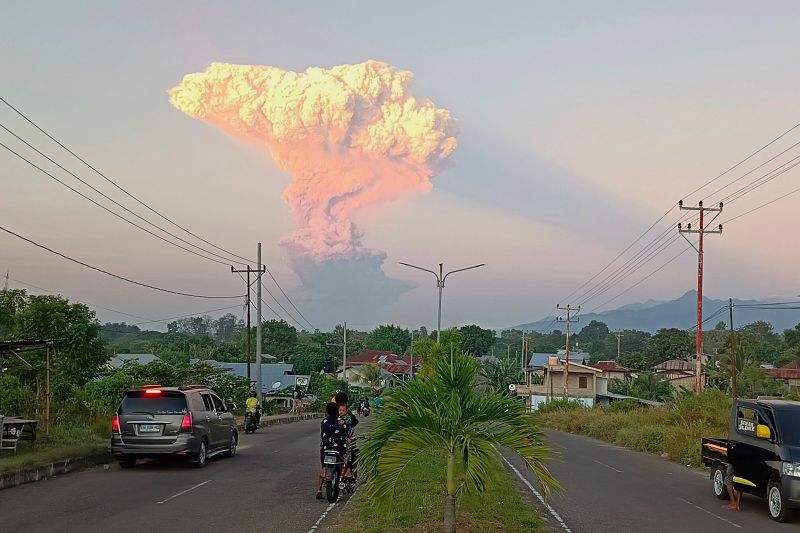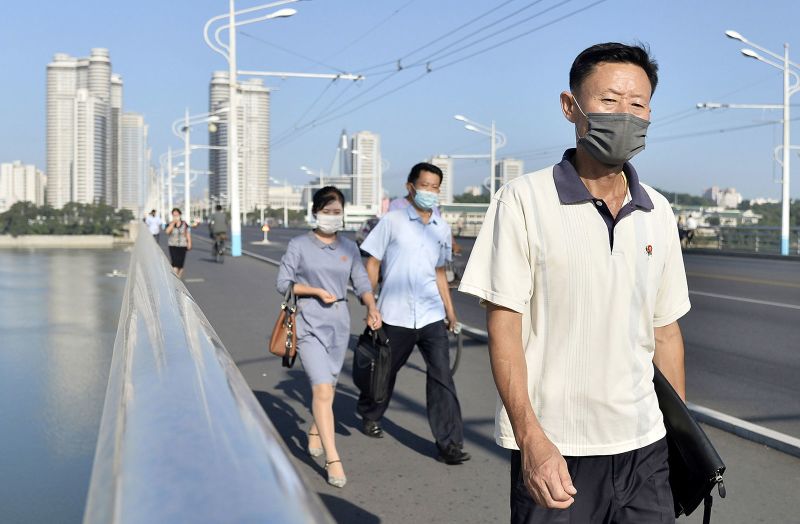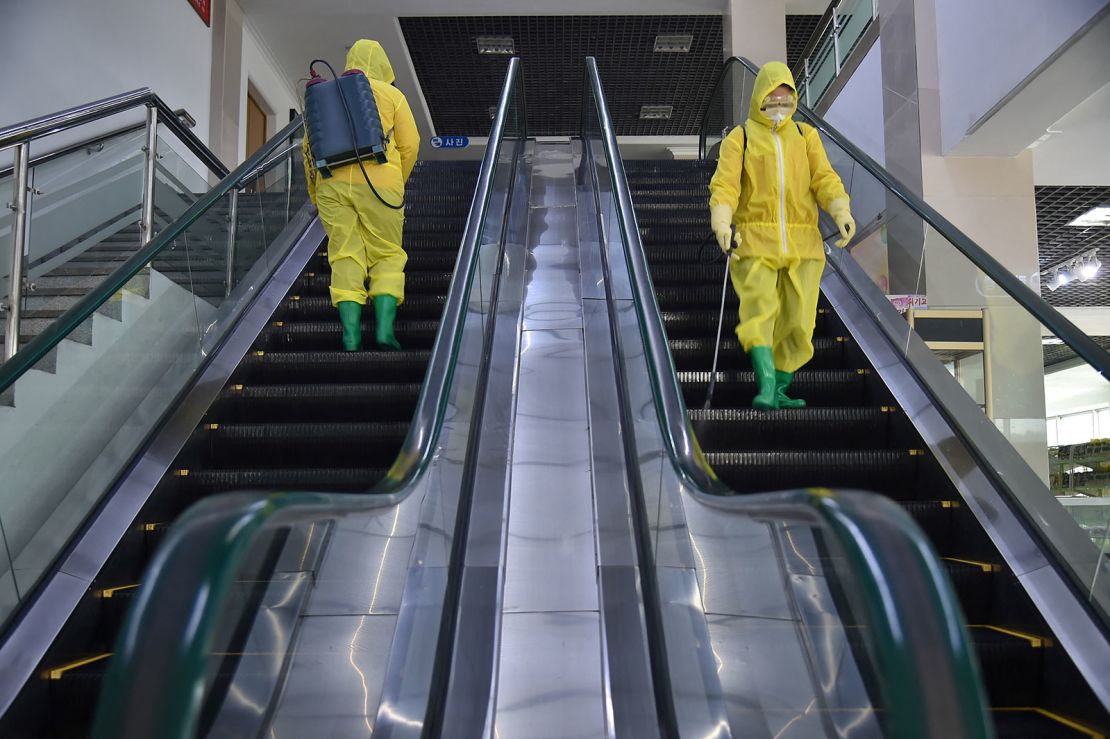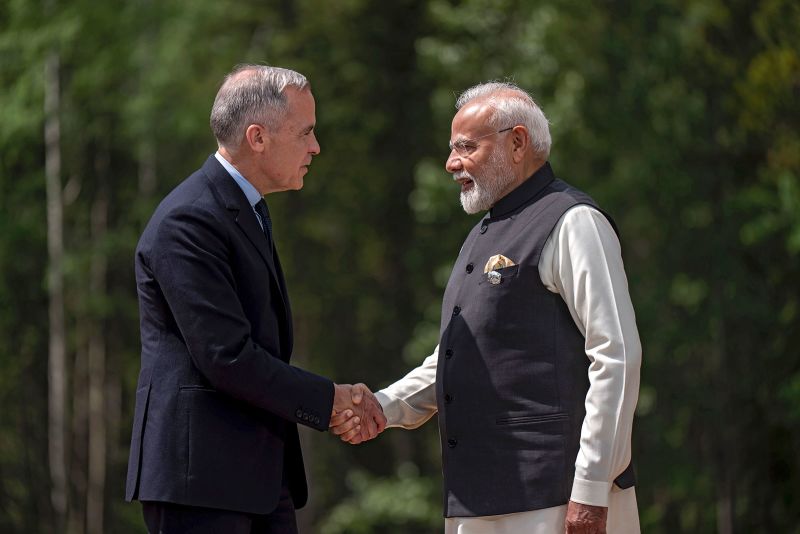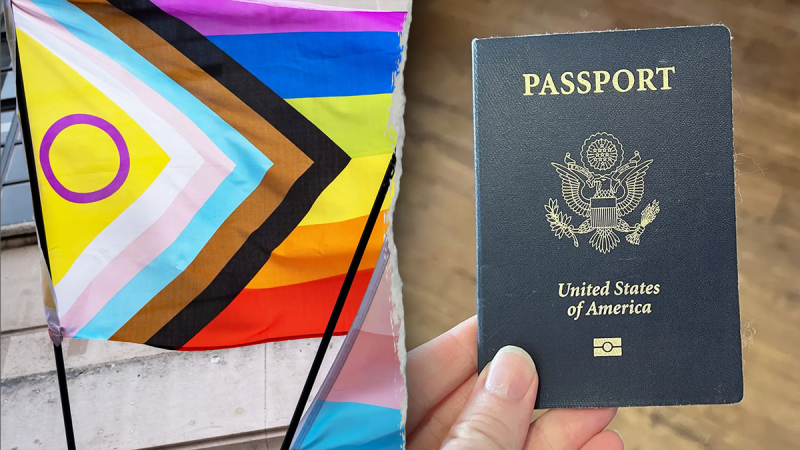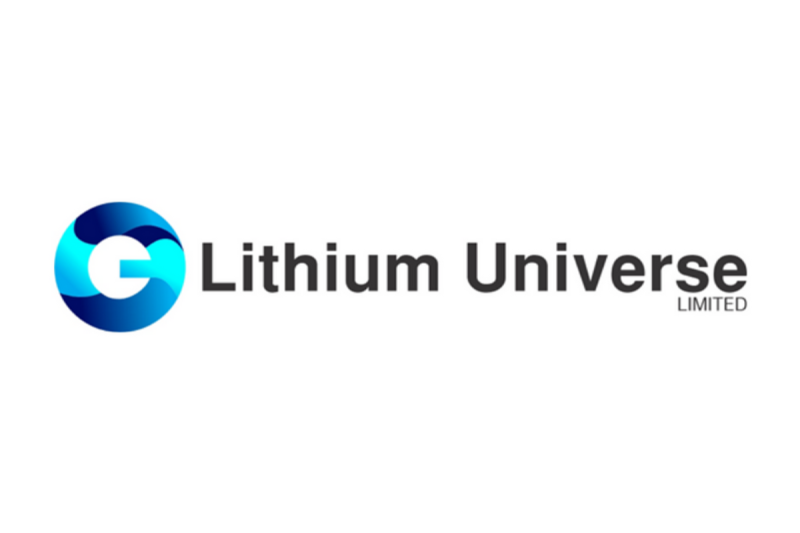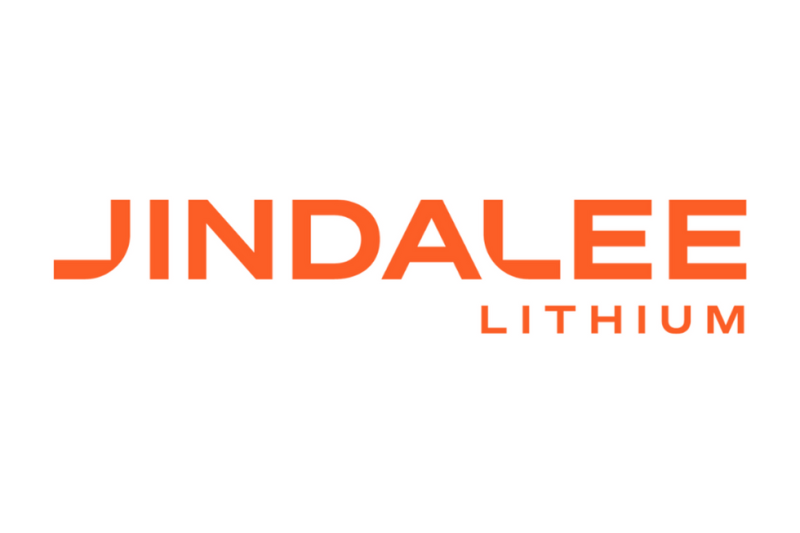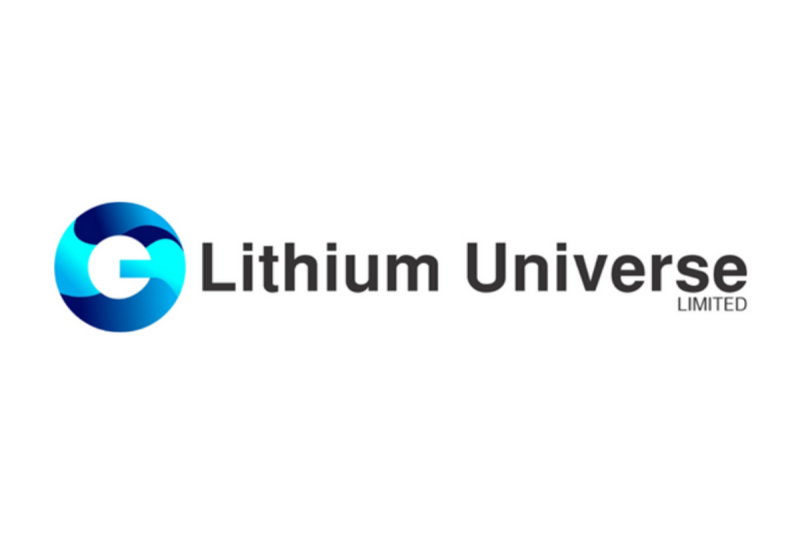Melbourne, Australia (ABN Newswire) – Lithium Universe Limited (ASX:LU7) (FRA:KU00) (OTCMKTS:LUVSF) has entered into a binding agreement to acquire the global rights to commercially exploit a patented photovoltaic (‘PV’) solar panel recycling technology known as ‘Microwave Joule Heating Technology’ (‘MJHT’ or the ‘Technology’).
Highlights
– Agreement to acquire global rights photovoltaic (PV) solar panel recycling technology
– ‘Microwave Joule Heating Technology’ (MJHT) from Macquarie University
– Utilises microwave technology to selectively heat and delaminate PV cells
– 60-78 million tonnes of waste photovoltaic (PV) modules cumulated by 2050
– Today only 15% of waste solar cells are recycled worldwide
– Most end up in land fill as valuable waste
– Hard to recycle, high temperature furnace, toxic chemicals, low recovery
– MJHT and Delamination enables selective separation of materials – higher recoveries
– To investigate further recovery of silver, silicon, gallium and indium
– Binding commitments received to raise $1.7 million via placement to existing and new sophisticated and professional investors
The rights will be secured via an exclusive licensing agreement (‘Licensing Agreement’) with Macquarie University (‘MQU’), held through an Australian-incorporated holding company, New Age Minerals Pty Ltd (‘NAM’). The key terms of the Licensing Agreement are set out in Schedule 1*. The transaction will be effected by LU7 acquiring 100% of the issued share capital of NAM (‘Proposed Transaction’).
The basis of the technology platform utilises microwave technology to selectively heat silicon thereby softening the EVA encapsulant in solar panels, enabling easy delamination and potential recovery of valuable materials at room temperature. This approach avoids the need for extreme heat (1400degC) typically required for separating materials like glass and silicon as well as the use of costly hazardous chemicals in traditional processes. Delamination enables selective separation of materials without the need for mechanical crushing, whereas traditional crushing methods often result in cross-contaminated material and lower recovery rates.
A report published by the International Energy Agency Photovoltaic Power Systems Programme1 projected that global waste PV modules will amount to 1.7-8.0 million tonnes cumulatively by 2030 and 60-78 million tonnes cumulatively by 2050. By 2035, Australia is expected to accumulate 1 million tonnes of solar panel waste worth over A$1 billion, while the global CIGS (Copper, Indium, Gallium, Selenide) solar cell market is projected to grow to US$12.23 billion by 2032.
Currently, only 15% of used PV cells are recycled, with the rest accumulating in landfills.
This low recycling rate is due to complex processes, high-temperature furnaces, toxic chemicals, and poor recovery yields. The Technology, developed by MQU, enhances the extraction of valuable metals such as silver, silicon, gallium, and indium from discarded PV panels using microwave and delaminating techniques. The breakthrough technology offers a promising new approach for enhanced recovery of valuable metals like Silver, Silicon, Gallium, and Indium. The Company plans to initiate further research and development in this area.
THE PROBLEM TODAY
The world’s renewable energy transition is moving fast, with large-scale PV solar panels playing a central role in national energy strategies. The global solar cell market is projected to hit US$39.81 billion by 2037, growing at a compound annual growth rate (CAGR) of around 8.2%.
Approximately 37% of Australian households have installed solar panels. This represents over 4 million homes and small businesses with solar power systems. The Clean Energy Council reports that 12.4% of Australia’s electricity generation in 2024 came from rooftop solar.
However, as these panels approach the end of their 25-30-year lifespan, the industry faces a growing challenge: managing solar panel waste and recovering valuable materials. A report published by International Energy Agency Photovoltaic Power Systems Programme (IEA PVPS) Task12 and the International Renewable Energy Agency (IRENA) in 2016 projected world’s waste PV modules globally to amount to 1,7-8,0 million tonnes cumulatively by 2030 and to 60-78 million tonnes cumulatively by 2050. By 2035, Australia alone is expected to accumulate 1 million tonnes of end-of-life solar panels, with a total material value of over $1 billion. By 2045, Australia could be looking at 34.6 GW of serviceable panels that will need to be recycled or repurposed, equivalent to the total installed solar capacity in the country as of August 2024.
LOW RECYCLING RATES
The global recycling rate for PV solar panels is around 15%, driven by several challenges. The recycling process is complex, requiring high temperatures and toxic chemicals, making it costly and energy intensive. Economic incentives are limited as the recovery of valuable materials like silicon does not provide sufficient financial returns. However, if recycling technologies can effectively attract and recover critical materials like silver, silicon, gallium, and indium, the financial viability of recycling improves, driving higher recycling rates.
Additionally, the lack of recycling infrastructure and the diverse materials in panels further complicate efficient separation, but advancements in technology are addressing these issues.
When waste PV cells aren’t recycled, they often end up in landfills, causing numerous environmental problems.
Panels can contain harmful materials like cadmium and lead, which may leak into the ground and water, posing risks to both ecosystems and human health. Valuable metals like silver, silicon, gallium, and indium are lost, adding to the strain on natural resources. As more solar panels reach the end of their life, landfills fill up, and the energy stored in these materials is wasted. Recycling can help solve these issues by recovering critical materials and cutting down on pollution.
POTENTIAL GROWTH OF PV RECYCLING INDUSTRY
The nascent PV solar panel recycling industry is experiencing rapid growth due to the increasing demand for critical metals such as silicon, silver, and indium, which hold substantial economic value. As the market for endof-life (EoL) solar panels expands, driven by both economic opportunities and environmental needs, the recovery of these materials is becoming a lucrative business. The market for recyclable materials from EoL solar panels is projected to reach over $2.7 billion by 2030 and could approach $80 billion by 2050, according to Rystad Energy. This growth is further fuelled by the fact that recovering materials from used panels can offset the need for costly and environmentally damaging virgin material extraction. Additionally, recycling helps secure a domestic supply of critical metals, reducing reliance on volatile foreign sources. Advancements in recycling technology, particularly in recovering high-value materials like silicon and silver, are making these processes more economically viable and environmentally necessary. Research has demonstrated that up to 98% of silver and nearly all of copper, lead, and other valuable metals can be recovered efficiently, enhancing the profitability of the recycling industry. As technology improves, the recycling of PV panels will play a crucial role in supporting the transition to a circular economy and sustainable energy future.
CRITICAL METALS IN PV CELLS
As the demand for critical minerals continues to rise with the global shift to clean energy, the need to recover valuable materials from these panels becomes increasingly urgent. Solar panels are made up of 95% recyclable materials, including silver, aluminum, silicon, copper, indium, and gallium-all of which are vital to global clean energy supply chains. Rare metals like gallium are essential for solar fuel cells, semiconductor chips, and other high-tech applications, making their recovery from e-waste a key priority.
COMMENTS: EXECUTIVE CHAIRMAN, IGGY TAN
‘Now that we have completed our lithium refinery DFS and secured all necessary components-including land and partnerships-we are positioned and ready for a lithium price recovery. We are confident in our counter-cyclical strategy and firmly believe that LU7 will benefit significantly when the lithium market rebounds. While awaiting this recovery, we have been presented with an exciting opportunity to acquire a cutting-edge photovoltaic recycling technology’.
‘I am thrilled about the acquisition of Macquarie University’s Microwave Joule Heating Technology (MJHT) and the opportunity to potentially extract critical metals such as silver from solar panel recycling.
The need for effective PV recycling has never been greater, with only 15% of panels currently being recycled. The mass accumulation of solar panel waste in landfills is a growing problem, as valuable critical metals like silver, silicon, gallium, and indium are left behind, contributing to both resource depletion and environmental harm. Microwave technology offers a promising solution to these challenges, enabling higher recovery rates and more sustainable recycling processes. We firmly believe that this technology represents the future of solar panel waste management. We are eager to collaborate with the Macquarie team to develop a more efficient and cost-effective recycling process’.
*To view the full release with tables and figures, please visit:
https://abnnewswire.net/lnk/A0938OHA
To view the Market Presentation, please visit:
https://www.abnnewswire.net/lnk/JJ10ITOI
About Lithium Universe Ltd:
Lithium Universe Ltd (ASX:LU7) (FRA:KU00) (OTCMKTS:LUVSF), headed by industry trail blazer, Iggy Tan, and the Lithium Universe team has a proven track record of fast-tracking lithium projects, demonstrated by the successful development of the Mt Cattlin spodumene project for Galaxy Resources Limited.
Instead of exploring for the sake of exploration, Lithium Universe’s mission is to quickly obtain a resource and construct a spodumene-producing mine in Quebec, Canada. Unlike many other Lithium exploration companies, Lithium Universe possesses the essential expertise and skills to develop and construct profitable projects.
Source:
Lithium Universe Ltd
Contact:
Alex Hanly
Chief Executive Officer
Lithium Universe Limited
Tel: +61 448 418 725
Email: info@lithiumuniverse.com
Iggy Tan
Chairman
Lithium Universe Limited
Email: info@lithiumuniverse.com

